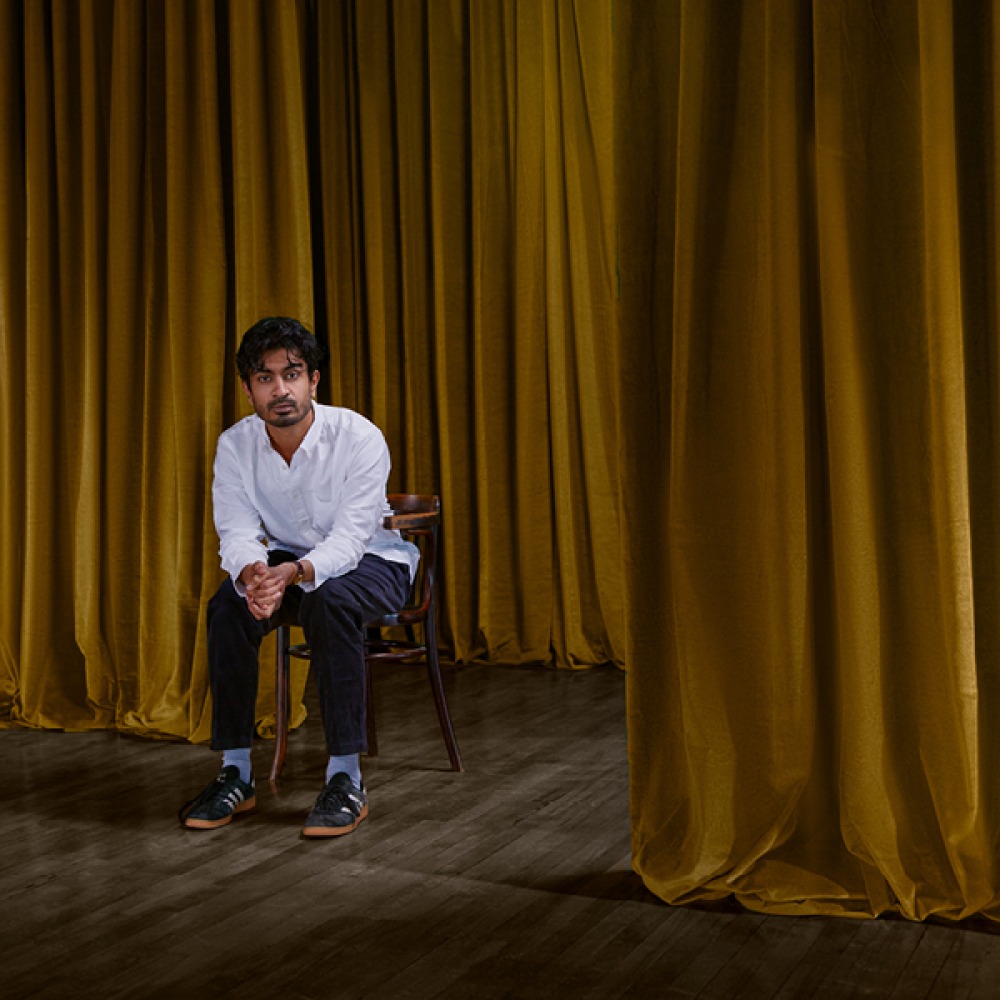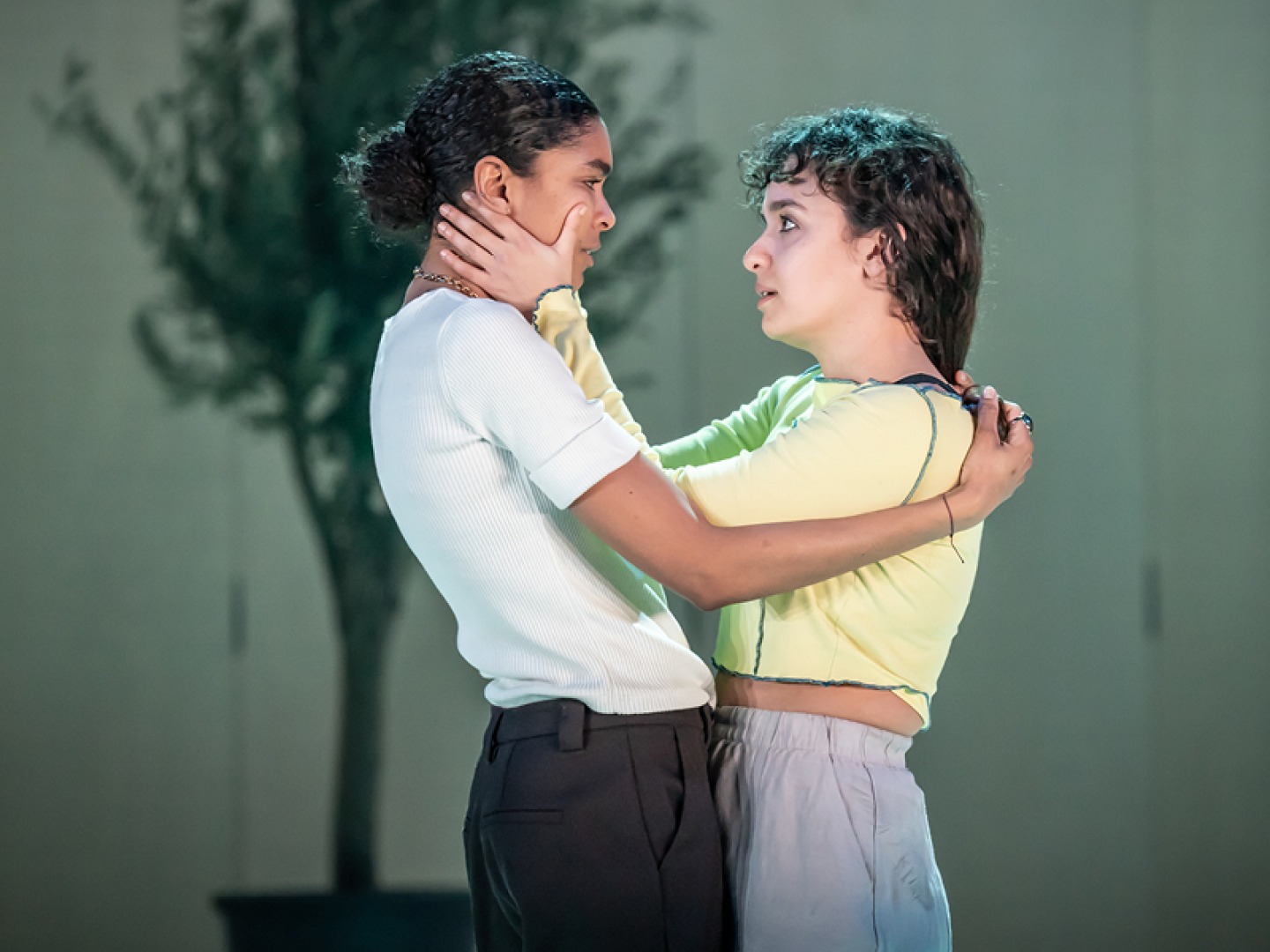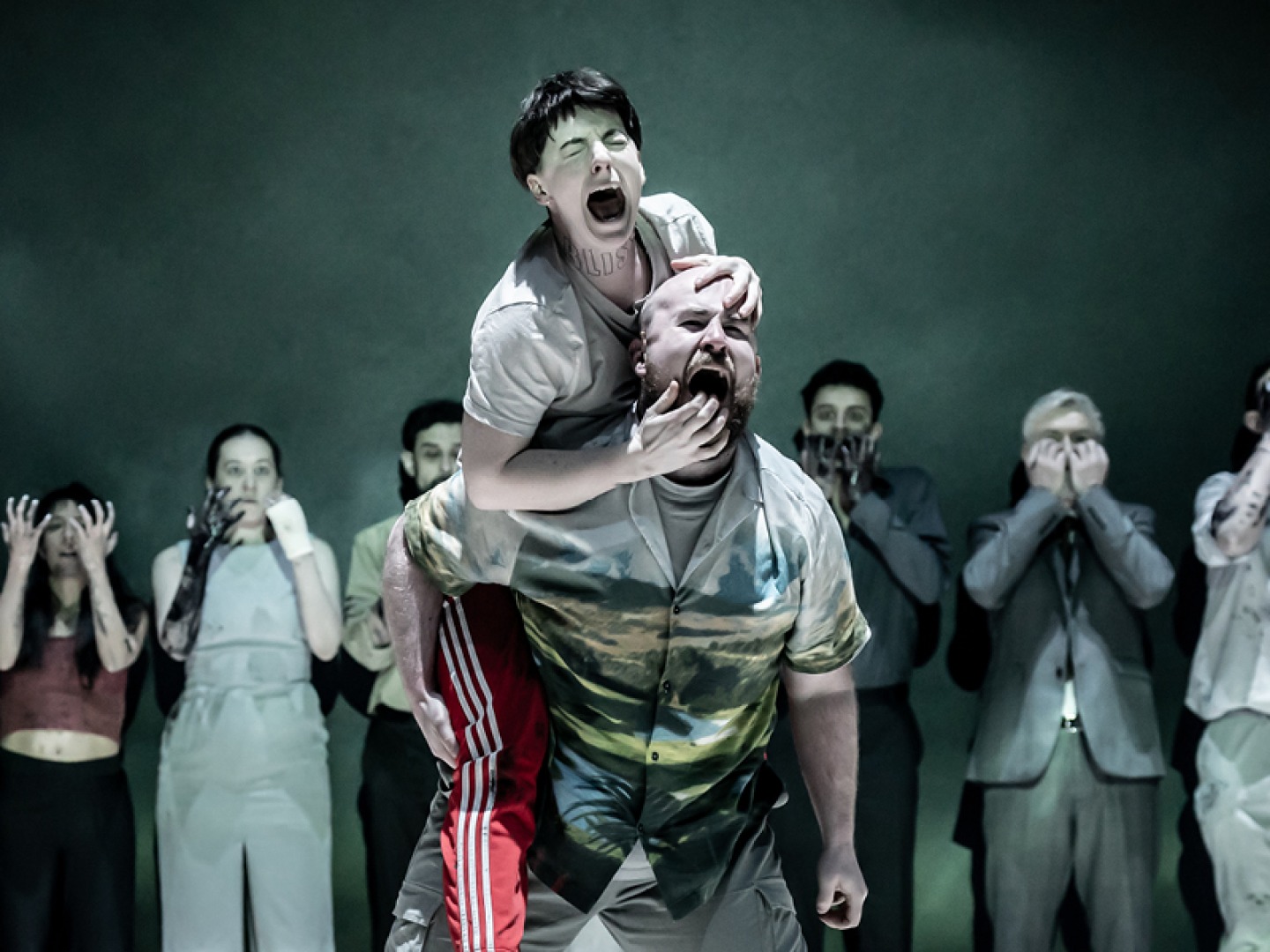Don't Miss the RSC as they Return to Newcastle with Julius Caesar

The Royal Shakespeare Company (RSC) is to return to Newcastle Theatre Royal with a visceral new production of Julius Caesar

Tell us about your background and how you got into theatre.
I saw lots of shows – at places like the Oxford Playhouse where I grew up – so regional theatre and touring theatre are really important to me. I went to university to study English and then did a Masters in Medieval and Renaissance Literature, and I did a lot of shows with my student drama society including quite a bit of Shakespeare.
When I left I got a job as the Press Assistant at the National Theatre where I met lots of amazing creatives and artists, and I decided that directing was the thing I wanted to do.
Some of my career highlights include Hobson’s Choice, my first big show at the Royal Exchange; Harm at the Bush Theatre; and more recently, Kes at the Bolton Octagon; Britannicus at the Lyric Hammersmith; and The Glass Menagerie, again at the Royal Exchange.
Julius Caesar is my first professional Shakespeare, but it feels like a homecoming.
Was working at the RSC on your radar?
Yes. I come from Oxford, so the RSC was somewhere I used to visit as a teenager as it’s only an hour away. I saw productions like Rupert Goold’s The Merchant of Venice and Maria Aberg’s As You Like It.
What appeals to you about directing this particular play?
I studied the play at uni, but it wasn’t one that I knew well until I got round to applying for the role of director. We know it’s a political play and asks us to think about what you do when you don’t agree with the people in power. It’s often done in a way that reflects the age it’s being performed in and I wanted to make a production that felt like it could speak about today.
What can audiences expect from the production?
I hope they will come away from it asking the questions, What would I do? Would I go as far as to kill someone who is my best friend if I really thought that was going to make the world a better place?
In terms of how the production looks, it’s not going to be set in Westminster, but neither will it be set in ancient Rome. It will draw on elements of the modern and the ancient world to create our own world really.
Tell us about the cast you have put together
I want to tell a story about power today. There are 48 named characters in the play, of which 46 are men and 2 of them are women. So we’ve cast it in such a way to redress the gender imbalance in the play, so it’s about half and half men and women and one non-binary actor.
The production will make people think about their reactions to power when it is held by people who aren’t part of the white male patriarchy that we have all been living in and all do still live in.


The show includes a community chorus. What role will they play?
Julius Caesar is a play about a nation in crisis, a play about the gulf between politicians and the people they are trying to rule. It just makes so much sense to me that this production, which is going on tour, would include ‘real’ people from those areas. So alongside the professional acting company, we have found a way of integrating the communities from all the areas the show is playing.







